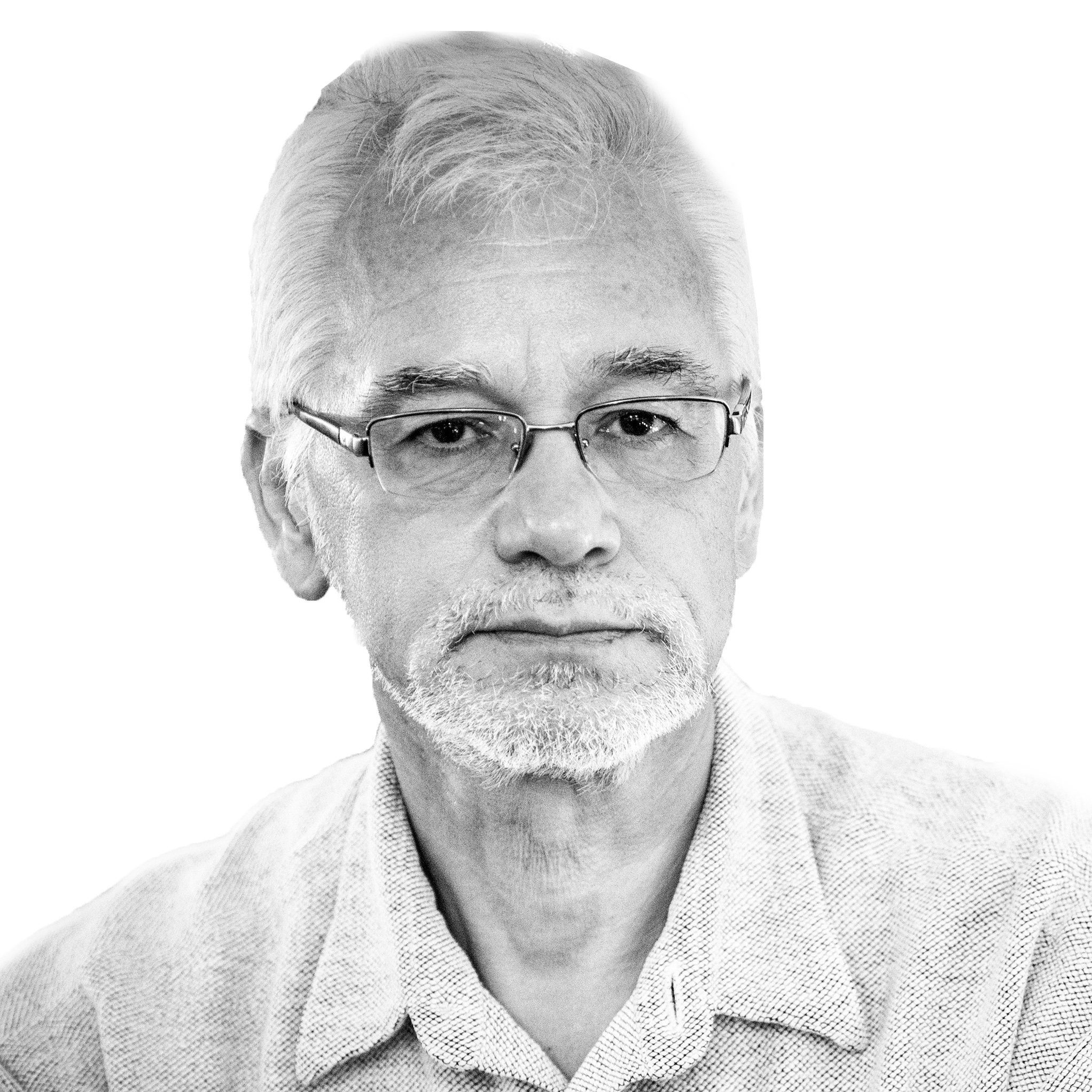ISTANBUL, Turkey — You still can have a drink in Turkey. But under a new rule that came into effect today, you may have a hard time finding out where to get one.
Shops, bars and restaurants in this predominantly Muslim nation are no longer allowed to advertise alcoholic products with outside neon signs, logos, slogans, marquees or other means. The regulation is part of a law passed by parliament in Ankara last year that included a one year grace period for the implementation of some restrictions.
Other parts of the law like a ban on alcohol advertisement in newspapers and on television and on the sale of alcohol in supermarkets and corner shops after 10pm have been in effect since last year.
ADVERTISEMENT
The government of Prime Minister Recep Tayyip Erdogan says the law is part of ongoing efforts to protect the health of Turkey’s citizens, especially youngsters, from the dangers of alcohol consumption. But Erdogan’s opponents say the ban on alcohol signs is another step in an alleged program designed to turn the secular Turkish republic into a country governed by Islamic values.
“A mosque has a sign saying that it’s a mosque, a church has a sign saying it’s a church,” said Ali Bayram, manager of the Loop Bar in Istanbul’s nightlife district Beyoglu. “You have to be able to tell people what you are offering, but we are no longer able to do that. This is like an ax stroke against the whole nightlife industry.”
For people like Bayram, the ban on beer signs not only makes it harder to attract customers but also takes away a source of revenue, as many bars and shops have had deals with big brewers or whisky companies who paid for the advertisement. The new law also bans indirect advertisement like chairs with the logo of a brewer.
“Look here,” Bayram said, pointing to a table in the bar. “The state didn’t pay for this table, Efes did,” he added, referring to Turkey’s biggest brewer. “Where is the money supposed to come from in future?”
The predominance of Islam has not stopped Turks from developing a taste for beer, wine and liqueur; even though alcohol consumption is lower than in the West. Raki, an anise-flavoured brandy, is the unofficial national drink, favored by modern Turkey’s founder Mustafa Kemal Ataturk and millions of other Turks. Erdogan, a pious Muslim, has tried to steer Turks away from Raki, declaring last year that he regarded Ayran, a non-alcoholic drink made of yoghurt, water and salt, and not Raki as the national drink.
Turks drink an average of 1.6 liters of alcohol per capita in a year, compared to 8.6 liters in the US and 11.7 liters in Germany, according to the Organisation for Economic Co-Operation and Development (OECD). Even though critics have been accusing Erdogan of following a hidden Islamist agenda, alcohol consumption in the country has actually risen slightly under his rule, from 1.4 liters in 2002.
Still, only a minority of Turks drinks alcohol, while the mostly religiously conservative majority in the Anatolian heartland remains abstinent. According to the Health Ministry in Ankara, 23 percent of men and 4 percent of women in Turkey drink alcohol. Most of them live in or around Istanbul or on the Aegean coast in the western part of the country.
Shop owners in Istanbul’s Beyoglu district said they were feeling the effect of the alcohol law passed last year even before the ban on shop signs came into effect. Late night shoppers picking up a bottle of wine or whisky on their way home or to a party used to generate an important part of income for many small corner shops, but the ban on sales after 10pm has destroyed that market, they said.
“My sales have dropped by 90 percent,” said Nurettin, the owner of a store filled with wine, beer, Raki and whisky. He declined to give his last name because he was concerned about pressure by authorities for speaking his mind. “I used to sell Raki for 3,000 Lira [$1,400] every day, now it’s down to 250 to 300 Lira,” he said. “We’re finished, it’s over.”
Asked for his view on the government argument that restrictions on the sale of alcohol were good for public health, Nurettin scoffed derisively. “They want to turn this country into another Iran,” he said. “They say that drinking is haram,” or sinful under Islamic law. “But they do take the taxes from alcohol sales. If alcohol is haram, taxes from alcohol are as well.”
Ismail Adin, another shop owner in Beyoglu, also said sales of alcohol were down, from about 5,000 Lira a day to 2,000 Lira. “They are making it harder and harder,” he said. “If it goes on like this, alcohol will be completely banned one day.”
Like many other shops in Beyoglu, Adin’s store still had its sign, sponsored by Efes brewery, in place over the door, despite the new ban. He said he was in no hurry to take it down, hoping that authorities would not implement the ban right away. “If the municipality comes, they will give you a warning first, but they won’t fine you right away,” he said.





